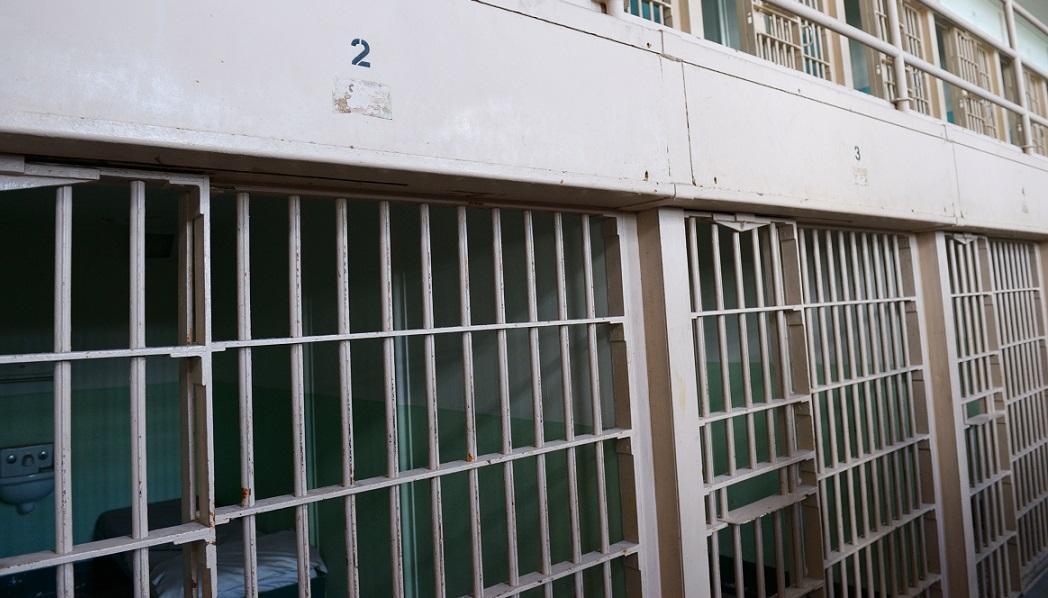
The capacity of prisons in Turkey is planned to be increased from 218,000 to more than 330,000 in a couple of years, a directorate of the Justice Ministry has revealed.
The total number of prisons across Turkey has risen to 353 with 27 new ones built in the last two years, the Directorate General for Prisons and Detention Houses said in response to an official question posed by Onursal Adıgüzel, a deputy for Istanbul and vice chair of the main opposition Republican People’s Party (CHP).
Meanwhile, 45 prisons have been shut down due to improper physical conditions, the response given under the right to information law.
Although the normal capacity of the present prisons is around 114,000, it was extended to 218,950 with the “enhanced model,” the directorate said.
The 114 new penitentiaries being constructed include two women’s prison, a women’s open prison and a juvenile detention center, according to the statement.
The total capacity of those 114 new prisons is expected to be 73,448 and tenders are due for 23 other new prisons with a total capacity of 14,919, it added.
Thus, the overall capacity of prisons and detention houses across the country will reach 303,000 with an increase of 88,367 in a few years.
The number of convicted felons and prisoners has been rising steadily, Adıgüzel said in his evaluation of the directorate’s response.
“Turkey is the second country after the U.S. in conviction rates amongst the OECD member states,” he said, referring to the Organisation for Economic Co-operation and Development’s report released in May.
“The number of detained per 100,000 person in the U.S., with a population of 330 million, is 665. Meanwhile, the same ratio of 100,000 for Turkey, with a population of 82 million, is 318,” he added.
“Unfortunately, Turkey, which has been ranked near the bottom in health, education, technology and many other topics, shares the position of being one of the top three countries to have the highest conviction rates with the U.S. and Israel. The solution is not to build more prisons, it’s to restore the independence of judiciary.”